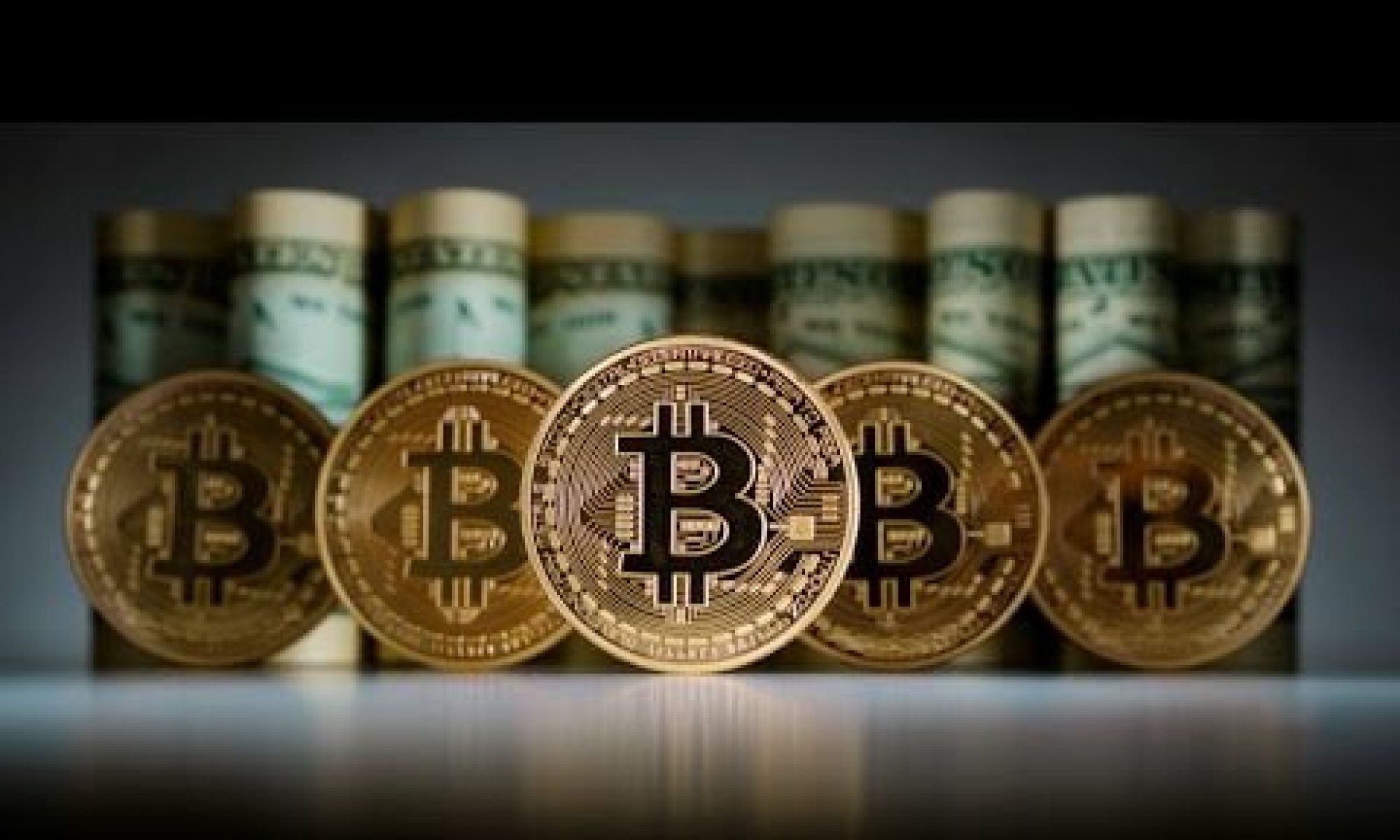This sounds like a simple question but it tends to get some complicated answers. In this video we’ll make sure to cover all the bases but also to keep it simple. If you find anything interesting that I didn’t talk about enough, there’s lots more to read about it if you search for it – I urge you.
So what is Bitcoin? A Simple but Thorough Explanation
The correct answer is “The first decentralized digital currency”, but that’s quite a mouthful. So before we begin to understand this, lets start with a more basic question that most people usually don’t ask themselves: “what is money?”
Money, ultimately, is simply the tool that we use to exchange value. Throughout history we’ve used lots of things as money, from seashells, to precious metals, to salt… The most popular money, historically, has been gold. There’s good reason for this: gold works really well as money. It’s rare – so it’s not worthless, and it’s tangible so if you’re holding it in your hand it’s probably yours. Pretty simple. And this worked for thousands of years, no matter what social institutions exist around you, no matter who the king or government is at that particular time. Gold just worked.
Paper Money
Then came along a new invention: paper money. When you think about it, for someone who uses gold their whole life, paper money is a hard sell. Trust paper instead of metal? Well, paper money actually started out as just a representation of gold. For e.g. the US Dollar was originally just a “gold certificate” which is a piece of paper saying you own some gold that’s sitting in a vault at the treasury. In other words, people never trusted paper money, they trusted the government to hold the gold for them.
Time passed and the US has since abandoned the so-called “gold standard” during the 70’s and today <Read More>
The age of digital money
Wait a minute, so if money today is digital, how does that even work? I mean, if I have a file that represents a dollar, what’s to stop me from copying it a million times and having a million dollars? This is called the “double spend problem”. The solution that banks use today is a “centralized” solution – they keep a ledger on their computer which keeps track of who owns what. Everyone has an account and this ledger keeps a tally for each account. We all trust the bank and the bank trusts their computer, and so the solution is centralized on this ledger in this computer. Computer scientists though, weren’t pleased.
Bitcoin in invented
Decades later in 2008, an anonymous researcher publishes a paper describing how to solve this problem without a centralized solution – that is, without a bank. He called it “Bitcoin” and went on to describe how you can make a ledger that doesn’t rely on a single particular bank – this is, a decentralized solution. This may sound confusing, or at best like science fiction. How does something work if it’s decentralized? You actually already know the answer to this, you’re using a decentralized solution right now to watch this video on the internet.
Think about it: nobody owns the internet. It’s the most vast and powerful network that humans have ever created – but there is no “Internet, inc.” – so it’s decentralized. Lots of individuals and private companies all build the infrastructure of the internet, across companies and border and even ideologies, and it works – much thanks to profit motives and economic interests. So if the internet decentralizes information technology, how does Bitcoin decentralize money?

